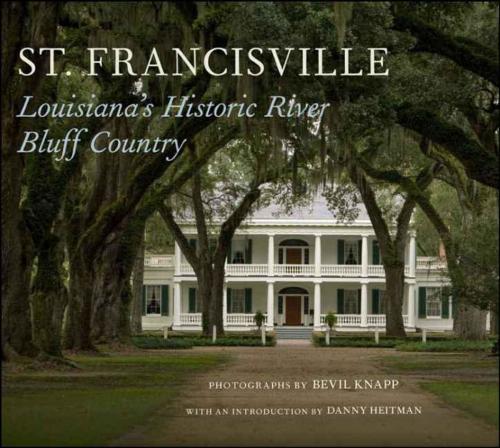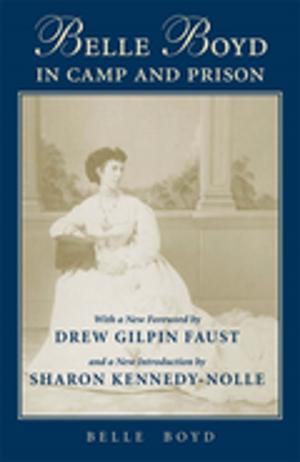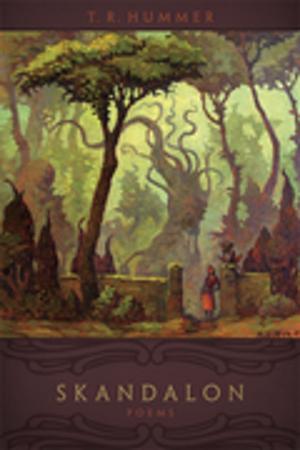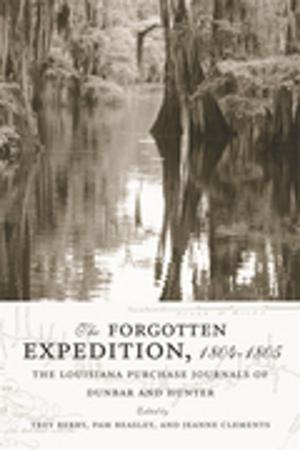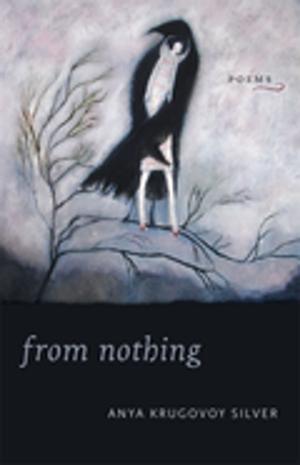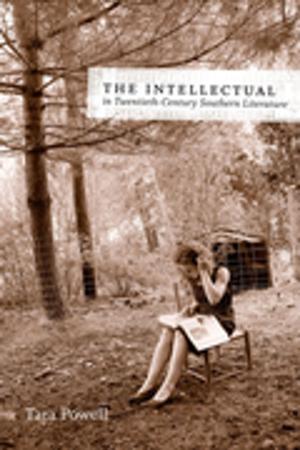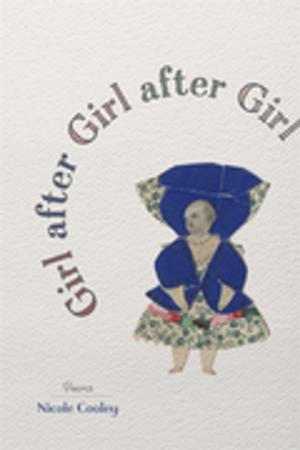St. Francisville
Louisiana’s Historic River Bluff Country
Nonfiction, Travel, Pictorials, Art & Architecture, Photography| Author: | ISBN: | 9780807147153 | |
| Publisher: | LSU Press | Publication: | March 1, 2010 |
| Imprint: | LSU Press | Language: | English |
| Author: | |
| ISBN: | 9780807147153 |
| Publisher: | LSU Press |
| Publication: | March 1, 2010 |
| Imprint: | LSU Press |
| Language: | English |
In the rolling hills of Louisiana's Felicianas, less than an hour north of Baton Rouge on the east bank of the Mississippi River, lies the historic community of St. Francisville. For generations, this picturesque town has inspired a variety of creative artists, from naturalist John James Audubon, whose experiences in the area helped make him the world's greatest bird artist, to acclaimed novelist Katherine Anne Porter, who wrote one of her best travelogues, "Audubon's Happy Land," in 1939 after a visit to St. Francisville. Award-winning photographer Bevil Knapp embraces this lively tradition by lending her own perspective on a region Audubon once praised as an expression of "the greatness of the Creator in all his unrivaled works."
Vividly evoking St. Francisville's fabled past as plantation country, Knapp offers stunning views of the stately historic homes that draw thousands of tourists annually -- including Oakley, Live Oak, Rosebank, Rosedown, and The Myrtles, among many others. But Knapp's images are more than mere architectural studies; they artfully invite the viewer to ponder who lived behind the windows of these historic homes -- and who might live there still. Knapp also captures the area's unmatched natural bounty, documenting the woods, waterways, and wildlife of a region that, in many ways, has remained unchanged for centuries.
In addition to honoring St. Francisville's strong links to the past, Knapp's photographs reveal the town's continuing vitality as a respite from urban life. St. Ferdinand Street, a vibrant collage of small-town southern life; Afton Villa Baptist Church, a thriving African American congregation founded in 1871; Tunica Hills, a popular hiking destination named for the Tunica Indians who lived in the area for centuries; the nearby Port Hudson Civil War battlefield, site of thrilling annual reenactments -- all reveal their singular charm through Knapp's knowing lens. In an introductory essay, acclaimed journalist and author Danny Heitman offers a poetic counterpoint to Knapp's imagery, reflecting on photographs that, for all their historical resonance, "hum with the immediacy of news."
Ultimately, Knapp's images transcend time, illuminating a flourishing community of unrivaled natural and historical beauty. A cherished memento for locals and visitors alike, St. Francisville summons readers to discover the rich treasures of this wondrous region for themselves.
In the rolling hills of Louisiana's Felicianas, less than an hour north of Baton Rouge on the east bank of the Mississippi River, lies the historic community of St. Francisville. For generations, this picturesque town has inspired a variety of creative artists, from naturalist John James Audubon, whose experiences in the area helped make him the world's greatest bird artist, to acclaimed novelist Katherine Anne Porter, who wrote one of her best travelogues, "Audubon's Happy Land," in 1939 after a visit to St. Francisville. Award-winning photographer Bevil Knapp embraces this lively tradition by lending her own perspective on a region Audubon once praised as an expression of "the greatness of the Creator in all his unrivaled works."
Vividly evoking St. Francisville's fabled past as plantation country, Knapp offers stunning views of the stately historic homes that draw thousands of tourists annually -- including Oakley, Live Oak, Rosebank, Rosedown, and The Myrtles, among many others. But Knapp's images are more than mere architectural studies; they artfully invite the viewer to ponder who lived behind the windows of these historic homes -- and who might live there still. Knapp also captures the area's unmatched natural bounty, documenting the woods, waterways, and wildlife of a region that, in many ways, has remained unchanged for centuries.
In addition to honoring St. Francisville's strong links to the past, Knapp's photographs reveal the town's continuing vitality as a respite from urban life. St. Ferdinand Street, a vibrant collage of small-town southern life; Afton Villa Baptist Church, a thriving African American congregation founded in 1871; Tunica Hills, a popular hiking destination named for the Tunica Indians who lived in the area for centuries; the nearby Port Hudson Civil War battlefield, site of thrilling annual reenactments -- all reveal their singular charm through Knapp's knowing lens. In an introductory essay, acclaimed journalist and author Danny Heitman offers a poetic counterpoint to Knapp's imagery, reflecting on photographs that, for all their historical resonance, "hum with the immediacy of news."
Ultimately, Knapp's images transcend time, illuminating a flourishing community of unrivaled natural and historical beauty. A cherished memento for locals and visitors alike, St. Francisville summons readers to discover the rich treasures of this wondrous region for themselves.
